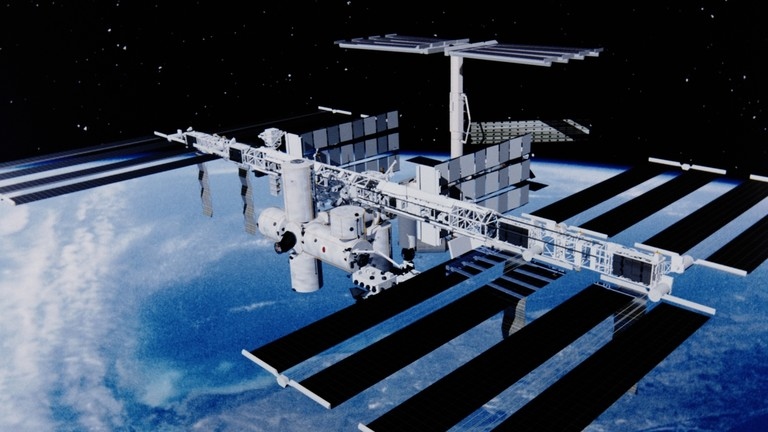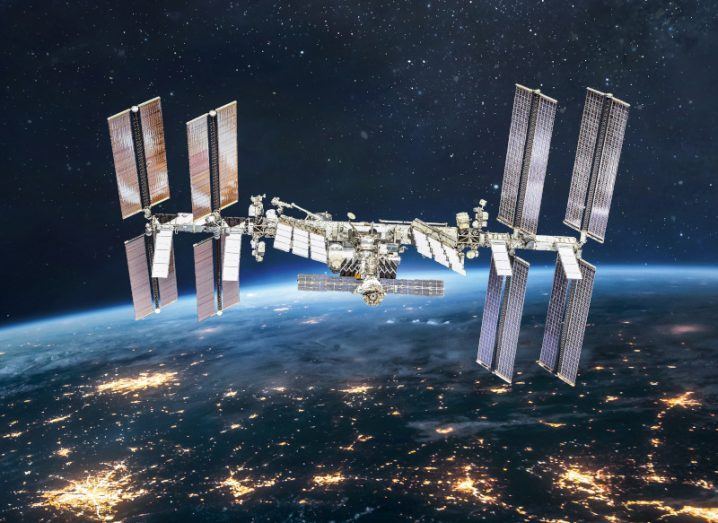In a surprising turn of events, Elon Musk, the CEO of SpaceX, has proposed an accelerated timeline for decommissioning the International Space Station (ISS). Originally slated for retirement in 2030, Musk suggests that the ISS should be deorbited within the next two years, citing diminishing returns from its continued operation. This proposal has ignited debates within the aerospace community and among international stakeholders.

Musk’s Rationale for Early Decommissioning
Musk’s recommendation stems from his belief that the ISS has fulfilled its primary objectives and now offers “very little incremental utility.” He advocates for reallocating resources toward more ambitious endeavors, particularly missions to Mars. On his social media platform, X, Musk stated, “The decision is up to the President, but my recommendation is as soon as possible.” This perspective aligns with his long-term vision of making humanity a multiplanetary species.
The SpaceX-NASA Deorbit Contract
In June 2024, NASA awarded SpaceX an $843 million contract to develop the U.S. Deorbit Vehicle (USDV), a spacecraft designed to safely guide the ISS out of orbit upon the conclusion of its service life. This contract underscores NASA’s confidence in SpaceX’s capabilities and entrusts the company with the critical task of ensuring the ISS’s controlled re-entry to avoid risks to populated areas. The USDV is expected to be ready by 2029, aligning with the original decommissioning schedule.

International and Political Implications
The ISS represents a collaborative effort among multiple space agencies, including those from the U.S., Europe, Japan, Canada, and Russia. While NASA and its partners have committed to operating the station until 2030, Russia has only pledged participation until 2028. Musk’s proposal to expedite the decommissioning process introduces complexities, as it would require consensus among all international partners and could impact ongoing scientific research and diplomatic relations.
Politically, Musk’s suggestion arrives at a sensitive time. As the head of the Department of Government Efficiency under President Donald Trump, Musk wields significant influence over federal policies, including those related to space exploration. This dual role raises questions about potential conflicts of interest, especially given SpaceX’s substantial contracts with NASA. Critics argue that Musk’s position could unduly sway decisions that benefit his commercial enterprises.

Industry Response and Future Considerations
Musk’s call for an earlier ISS decommissioning has elicited mixed reactions. Proponents agree that shifting focus to deep space missions could accelerate technological advancements and human exploration of Mars. However, opponents caution against an abrupt end to the ISS program, emphasizing its role in scientific research, international cooperation, and as a testbed for technologies essential for long-duration space travel.
Moreover, the transition to commercial space stations, intended to replace the ISS, may not align with Musk’s proposed timeline. These private-sector habitats are still in development, and an accelerated ISS decommissioning could result in a gap in low Earth orbit infrastructure. Such a gap might disrupt ongoing experiments and diminish the continuous human presence in space that has been maintained since 2000.
Conclusion

Elon Musk’s proposal to hasten the decommissioning of the International Space Station reflects his ambitious vision for space exploration and the prioritization of missions beyond low Earth orbit. While his perspective highlights the potential benefits of redirecting resources toward Mars colonization, it also raises significant logistical, political, and international challenges. The decision to alter the ISS’s timeline will require careful deliberation among all stakeholders to balance the aspirations of deep space exploration with the invaluable contributions the ISS continues to provide to science and international collaboration.





